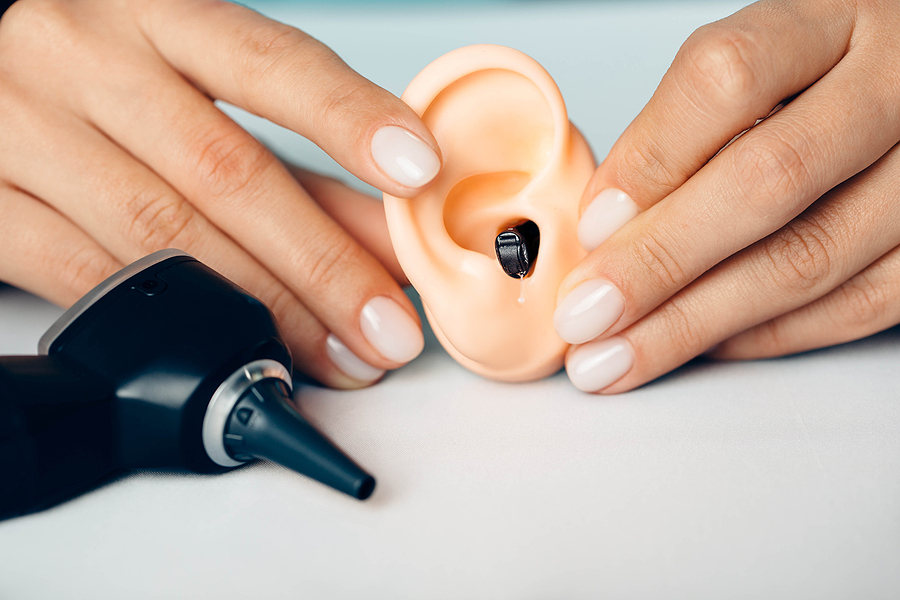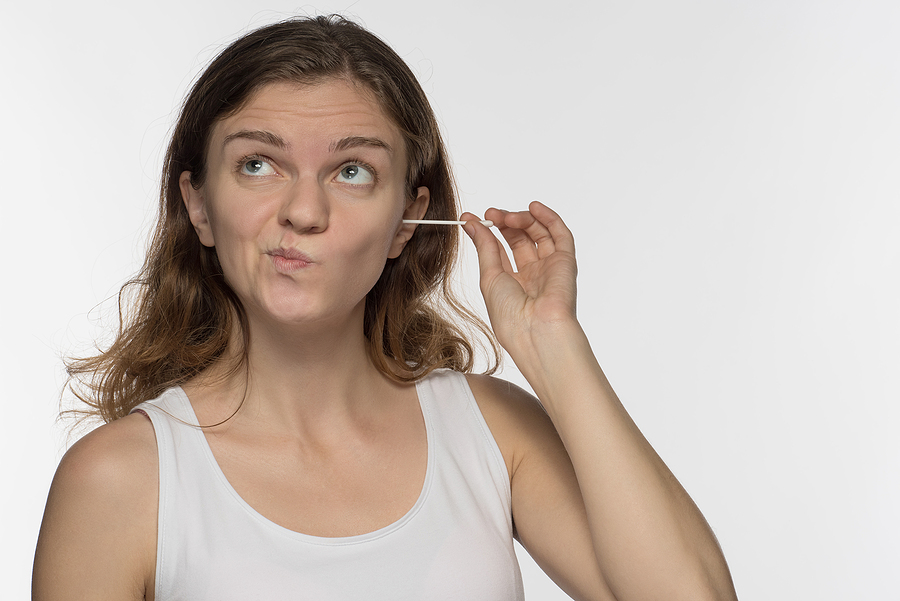Hormones and Hearing Health
Return to Blog

Hormones and Hearing Health
Hormones play a crucial role in various bodily functions, from regulating metabolism to controlling mood. But did you know they also have an impact on your hearing health? In this article, we’ll explore the relationship between hormones and hearing, how hormonal changes can affect your auditory system, and what steps you can take to protect your hearing throughout different stages of life.
Hormones are chemical messengers produced by the endocrine glands that regulate many physiological processes in the body. These include growth, metabolism, reproduction, and even the function of the auditory system. Key hormones that can influence hearing health include estrogen, progesterone, testosterone, and thyroid hormones.
Fluctuations in hormone levels, which can occur naturally during puberty, menstruation, pregnancy, menopause, and as a result of certain medical conditions or medications, can impact hearing function. For example, changes in estrogen levels have been associated with changes in inner ear fluid balance, which can affect hearing sensitivity.
Hormones and Hearing Loss
Research suggests that hormonal imbalances may contribute to the development or progression of hearing loss. For instance, estrogen has been shown to have a protective effect on the cochlea, the auditory organ in the inner ear. Decreased estrogen levels, such as those experienced during menopause, may therefore increase the risk of hearing loss in women.
Pregnancy is a time of significant hormonal changes, which can have implications for hearing health. Some women may experience temporary changes in hearing sensitivity or tinnitus (ringing in the ears) during pregnancy due to hormonal fluctuations and increased blood volume. It’s essential for pregnant women to prioritize regular hearing health exams to monitor any changes in their auditory function.
Menopause is another life stage characterized by hormonal fluctuations, particularly a decline in estrogen levels. Research suggests that postmenopausal women may be at an increased risk of developing hearing loss compared to premenopausal women. It’s essential for women experiencing menopausal symptoms to be vigilant about their hearing health and seek timely evaluation if any changes occur.
Protecting Your Hearing Throughout Life
Regardless of age or hormonal status, there are steps you can take to protect your hearing health. These include avoiding exposure to loud noise, wearing ear protection when necessary, maintaining a healthy lifestyle, managing stress levels, and prioritizing regular hearing health exams with a provider to monitor any changes in your auditory function.
Hormones play a significant role in hearing health, and fluctuations in hormone levels can affect auditory function at various stages of life. By understanding the relationship between hormones and hearing and taking proactive steps to protect your hearing, you can preserve your auditory function!



